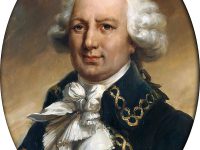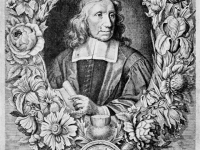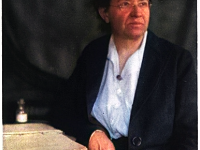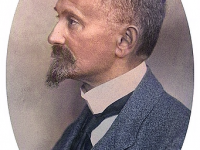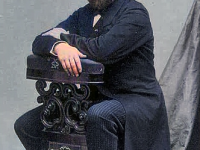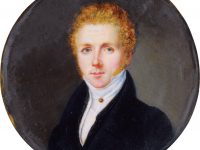Louis Antoine de Bougainville and his Voyage Around the World
Probably on November 11, 1729, French admiral and explorer Louis Antoine de Bougainville was born. A contemporary of James Cook,[5] he gained fame for his expeditions, the first recorded settlement on the Falkland Islands and his voyages into the Pacific Ocean. The largest of the Solomon Islands is named after him, as is the colorful tropical climbing plant bougainvillaea. Louis Antoine de Bougainville – Early Years Louis Antoine de Bougainville was born in Paris on Rue Barre-du-Bec. His parents were…
Read more

